Download the Full PDF Report Here:
A highly liquid and functional capital market is one of the main determinants of productivity and economic growth. However, investing in a market depends on market liquidity. Market liquidity is the ease of trading in stocks, reflecting how investors can buy and sell securities rapidly without lowering the price or incurring additional transaction costs. A combination of low-interest rates, strong asset valuations, and vibrant financial markets drive market liquidity
Structural market changes have increased financial markets' vulnerability, undermining their capacity to maintain their liquidity, especially in recent times. The Nigerian Exchanges have also had their share of low trade frequency that challenges market liquidities. The high cost of trading, unstable exchange rates, high inflation rates, high brokerage commissions, information and disclosure deficiencies, poor supervision by regulatory authorities, global financial crisis, and political instability have supported this trend.
In most developed countries, technology has streamlined the roles of intermediaries, eliminating the requirement for a stockbroker and aiding market Liquidity. The Internet of Things has further given investors real-time access to market information; price movements, directors' dealings, and companies' financials, among others. Thus, investors are able to make better investment decisions quickly and seamlessly (see illustration 3 below).
Illustration 3:
Facilitating Market Liquidity through Technology Adoption
Technological development has remained a game-changer for capital market operators. Emerging technologies have made it possible to develop web portals and mobile Apps to facilitate agile and speedy market activities. Both technologies offer smooth and continuous trading platforms for investors, reducing trading costs and increasing market liquidity. Specifically, technology adoption facilitates the velocity of liquid asset transactions through improved efficiency and convenience of swifter transactions, real-time monitoring, and enhanced security features, among others.
Faster Transaction
In the past, capital market operators were required to go through a hectic and time-consuming process to standardise transactions, which weighs in on the market's liquidity. Technology advancements offer faster and more secure transactions, thus reducing the inefficiencies of trading and increasing liquidity. As the need for manual intermediaries lessened, redundant manual records, audits, and verification were eliminated.
Real-Time Monitoring
Real-time monitoring facilitates the trading experience and reduces transaction costs to a great extent. While technological advancement has made it feasible for investors and brokers in the Nigerian capital market to get accurate and instant market information, there are gaps in the full adoption of real-time technologies for actual trading. It holds the prospect of eliminating the risk of human errors in trading as it offers features to verify and monitor trading. With the ability to respond swiftly to market information to optimise trading, market liquidity has thus improved.
Enhanced Security Features
Technological advancements have also provided a secure platform for trading activities, like automated surveillance for each transaction. The integrated infrastructure of capital markets secures records of all trades, bringing complete trust and transparency to trading.
Use of Blockchain in Trading
Although most capital markets across the globe are yet to embrace Blockchain technology for faster and more secure transactions, its decentralised framework can secure market transparency and credibility. It has the potential to secure trading and monitor risks. Market operators like the Japan Financial Services Agencies, NYSE, Deutsche Borse, etc., are in the advanced stage of preparedness to leverage blockchain technology as market infrastructure. SEBI is also considering implementing blockchain technology for speed and ease of trading. The use of blockchain offers complete transformations in the capital market, including:
- Eliminating the risk of third-party authorities using smart contracts and network regulation
- Use of automation to provide the infrastructure for faster trade settlement
- It provides a robust platform to implement security measures by tracking and reporting illicit activities.
Accessibility for All
An influx of young investors into the capital market often reflects a considerable growth in market liquidity. Technological advancement has lowered trading inefficiencies by reducing the cost and entry barriers to investing in the capital market through the availability of online trading platforms. These reduced costs in time and monetary values have, thus, widened the accessibility of the capital markets for different categories of retail investors.
Download the Full PDF Report Here:
 Lagos, NG • GMT +1
Lagos, NG • GMT +1











 429 views
429 views



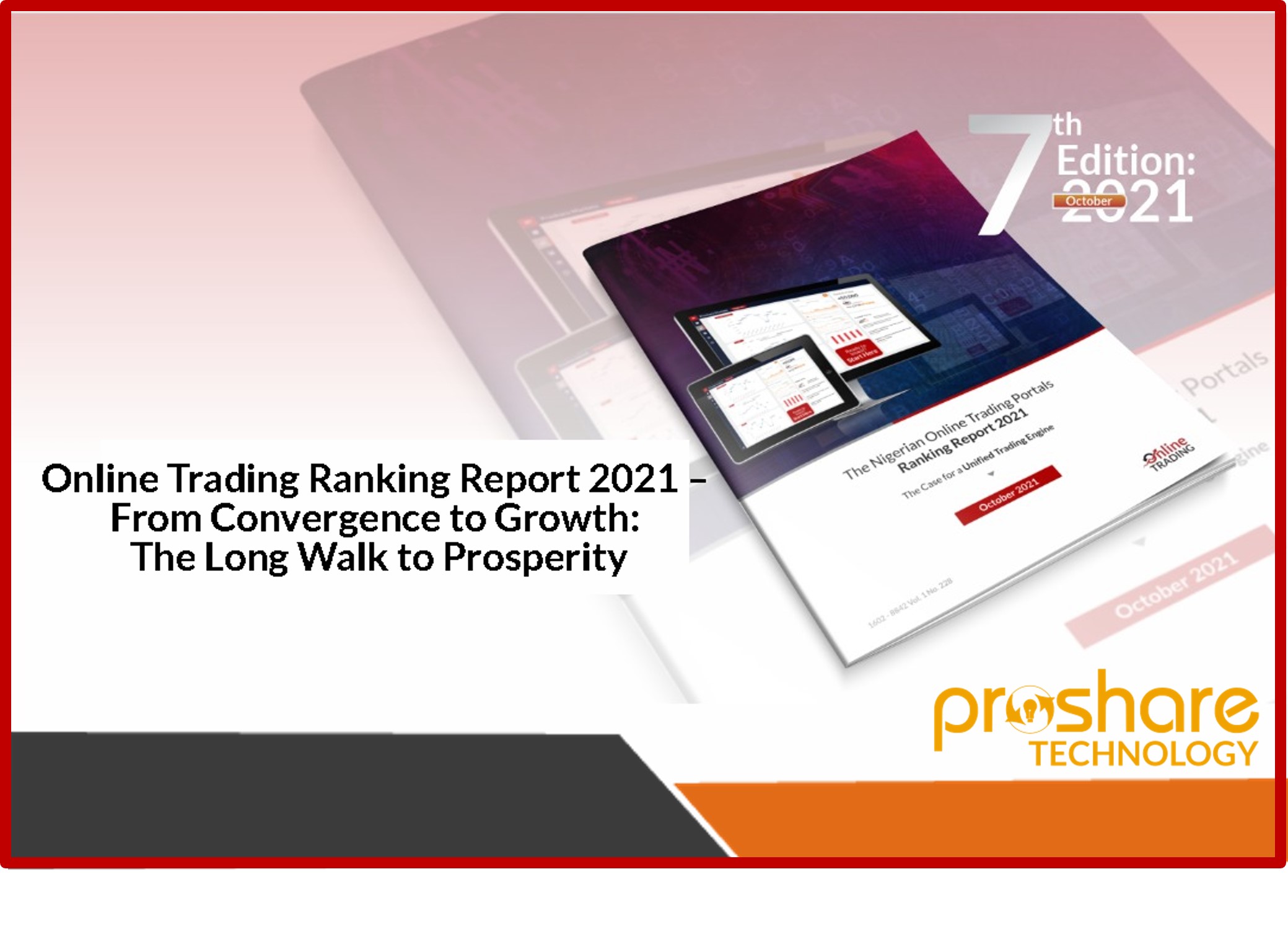

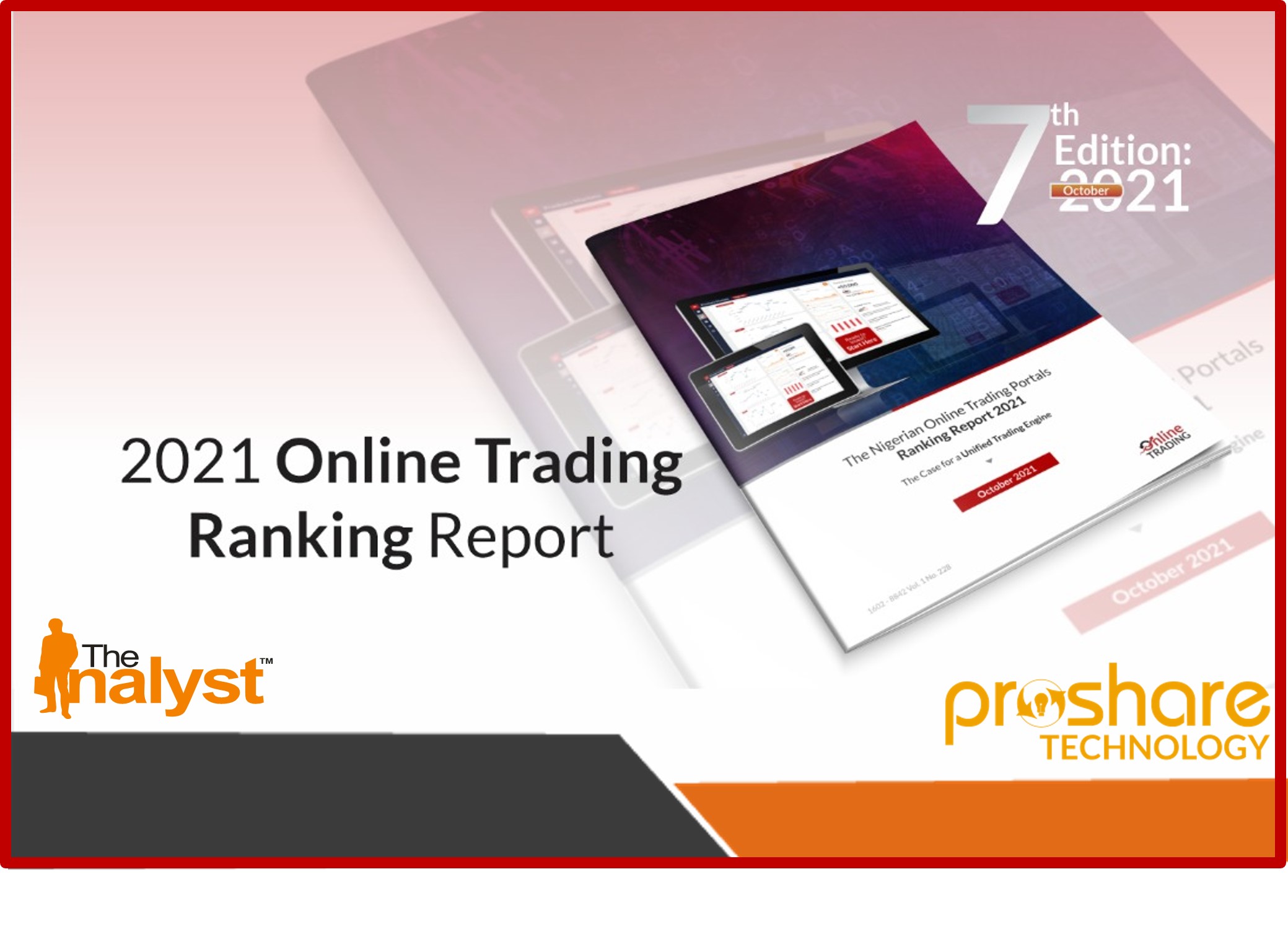




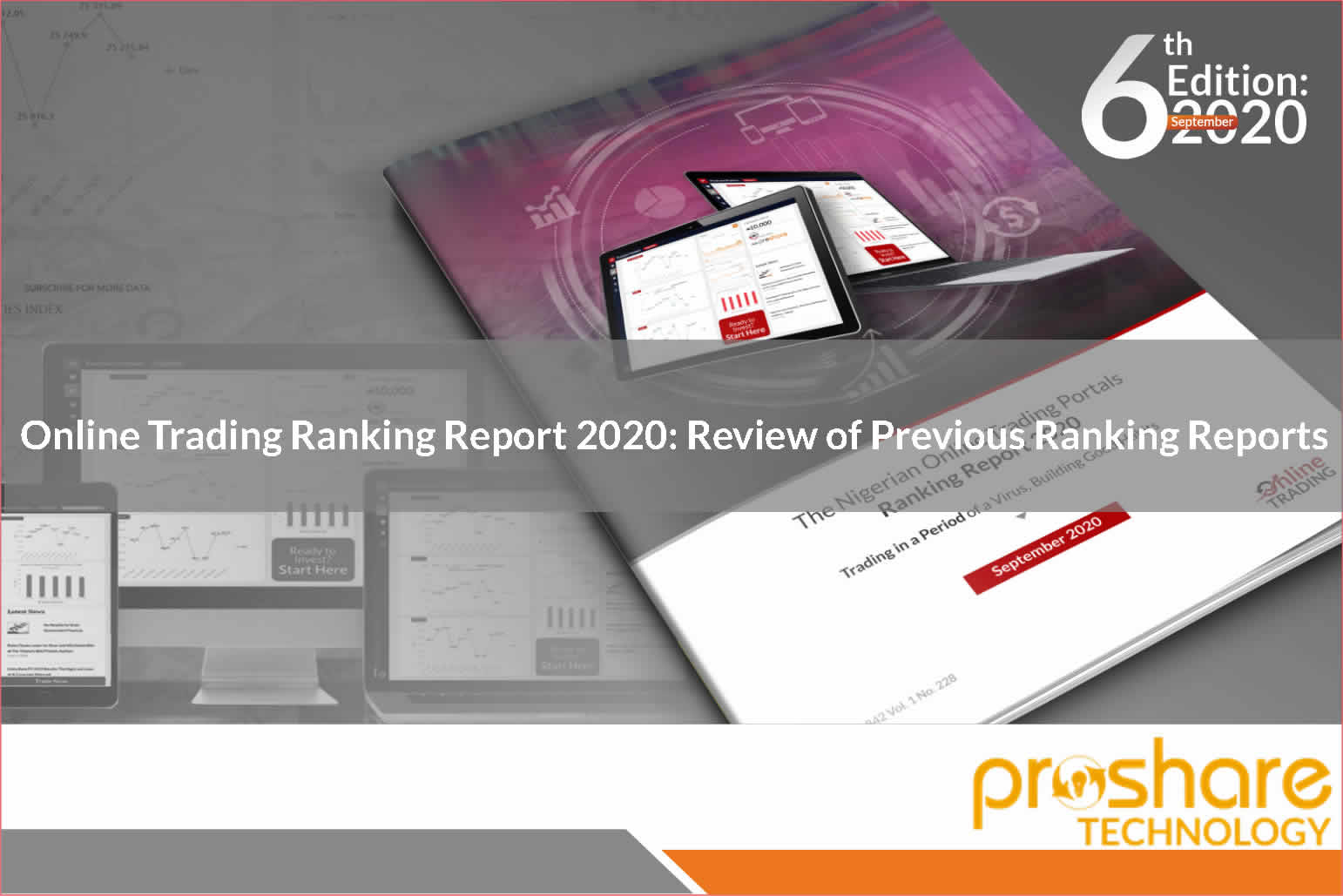
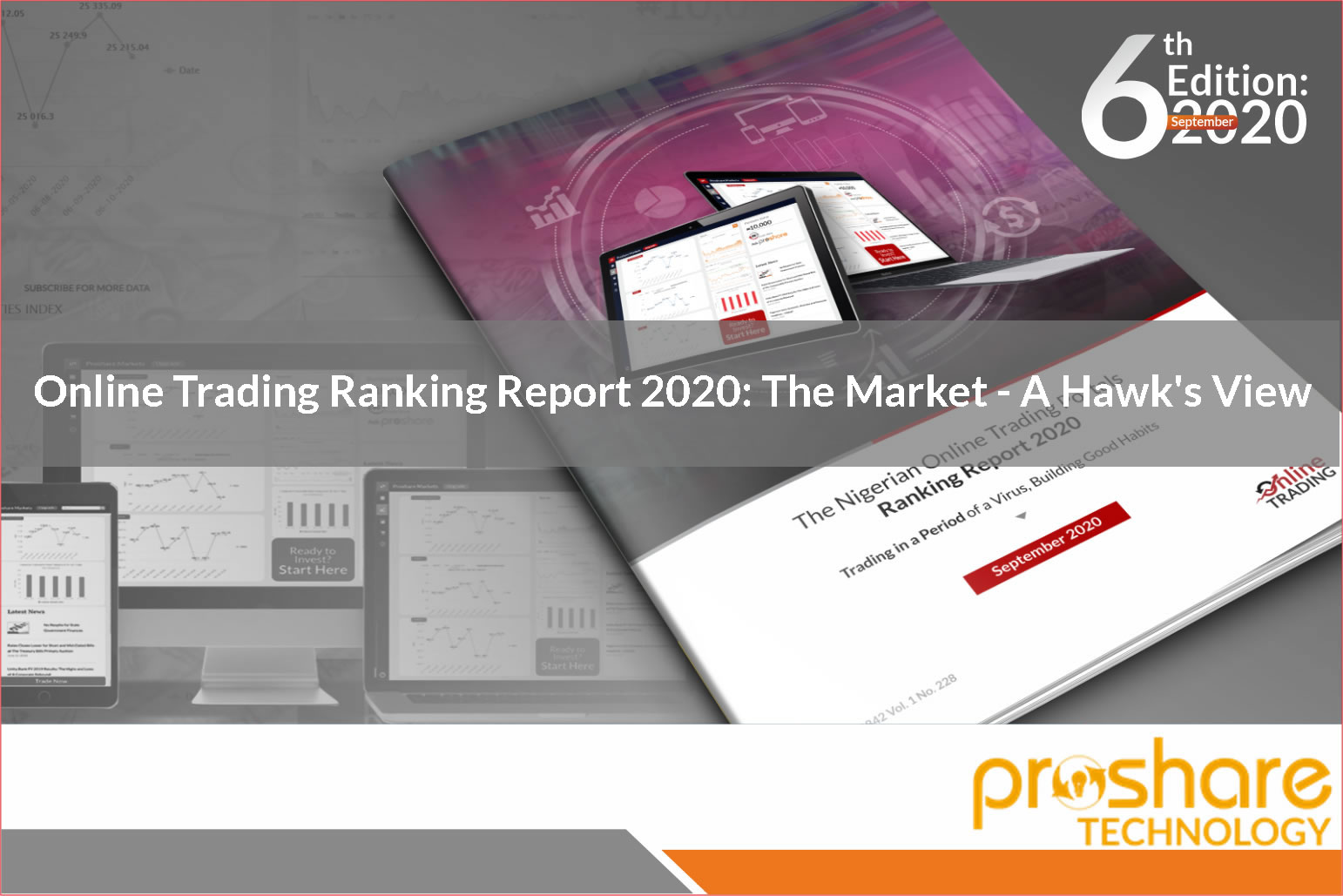
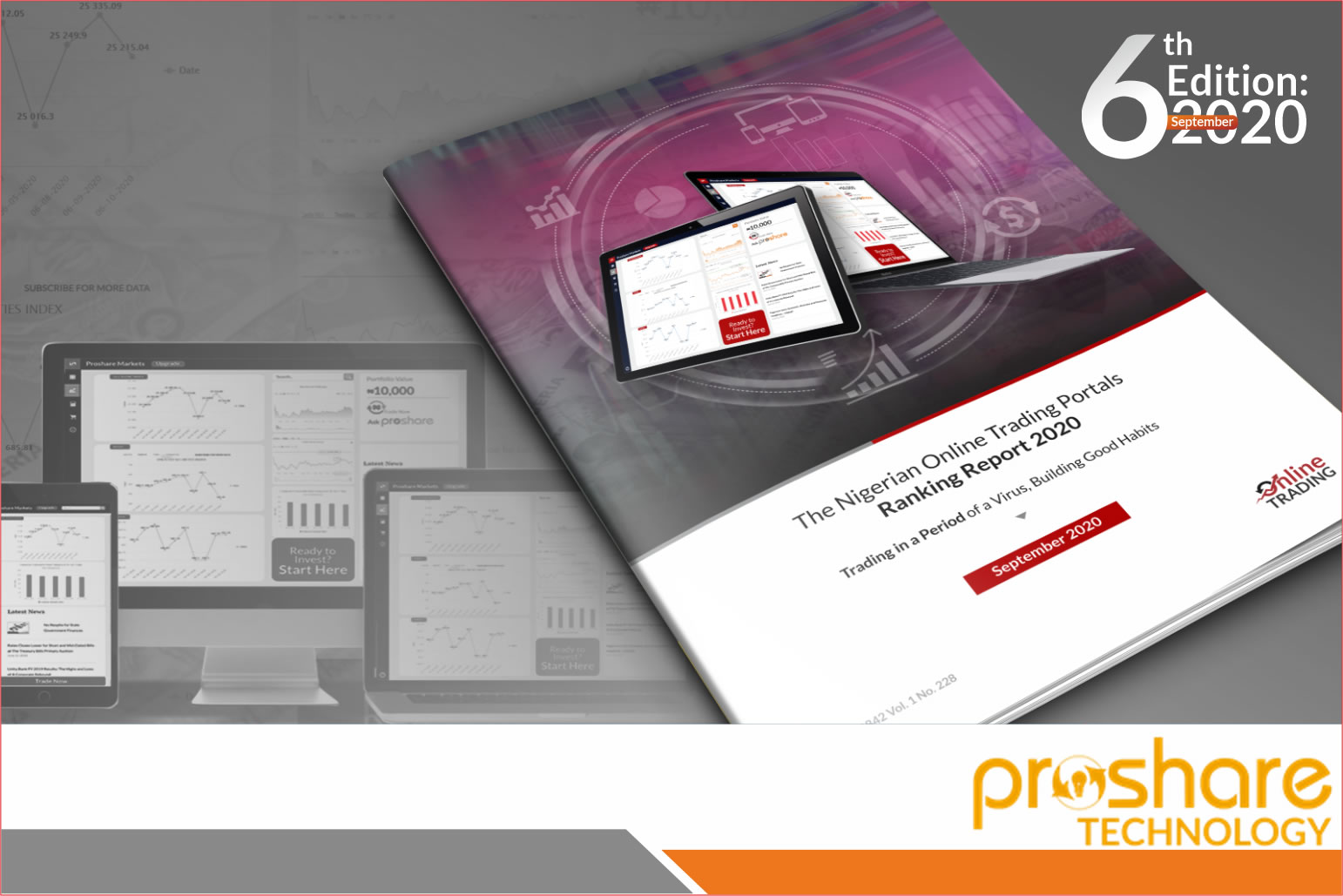





 Sponsored Ad
Sponsored Ad
 Advertise with Us
Advertise with Us









